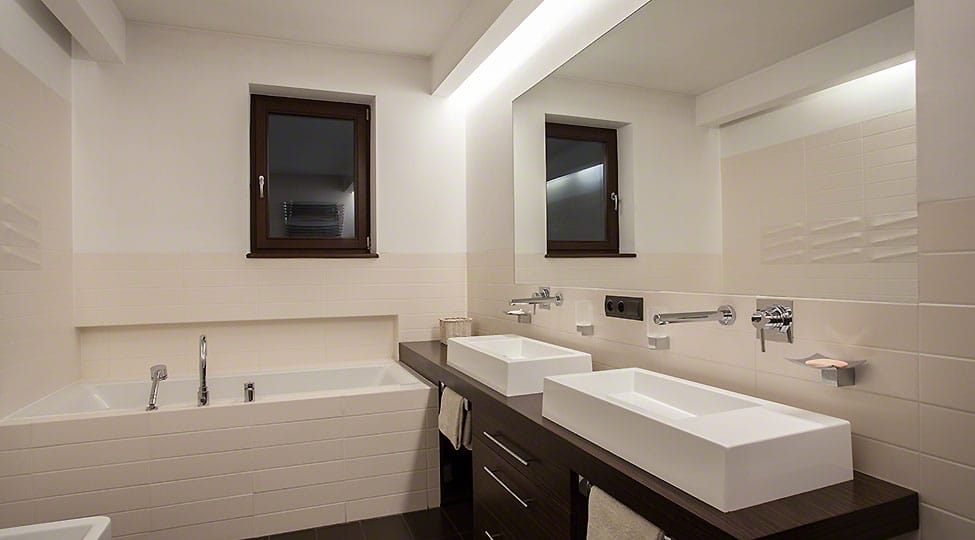
If you have hard water, you may find that it leaves a white residue on your laundry, dishes, and even your skin. Hard water can also contribute to mineral buildup in your pipes and appliances, which can be expensive and time-consuming to fix.
While you can’t do much about the hardness of your water supply, there are several ways to soften it at home.
Use a water softener.
A water softener is an appliance that removes calcium and magnesium ions from your drinking water, making it softer so it will feel better on your skin. A water softener system typically uses ion-exchange resin technology to exchange calcium and magnesium ions for sodium ions in the resin beads.
Water that passes through the softener is softened but then passes through a heating element before being sent back into your home’s pipes.
Distillation
Distillation is an alternative method of softening water that doesn’t require any special equipment or chemicals. It just takes time and energy to work properly.
You boil the water until it evaporates into steam, which then condenses back into liquid form once it hits something cold like an ice cube or frozen vegetables in your freezer. The process eliminates calcium and magnesium ions from the water, making it much softer.
Install an ion exchange system for your whole house
Ion exchange systems work similarly to water softeners, except they treat all the water going into your home instead of just what comes out of one faucet or showerhead at a time.
An ion exchange system requires you to install a special tank inside your home that contains resin beads that remove calcium and magnesium ions from your drinking water supply. This treated water flows through the rest of your plumbing system before reaching its final destination.
Reverse osmosis (RO)
RO is another expensive process that involves running water through a semipermeable membrane that filters out all dissolved minerals from the water supply with great efficiency.
The price of RO systems depends on their size and quality, but they produce water that’s almost impossible to cloud over time because no minerals are left in it.
Add vinegar or lemon juice.
Vinegar and lemon juice contain acetic acid, which will help soften hard water for about 24 hours after adding them to your laundry or dishwashing machine. However, if you add vinegar or lemon juice directly to running water, it won’t affect hard water.
Add lime to your water supply.
Adding lime (calcium oxide) to your water supply raises its pH level so that calcium carbonate — another common component of hard water, will dissolve into it rather than precipitate out of it as scale on your pipes or faucets or other surfaces that come into contact with your water supply like showerheads.
Calcium carbonate is highly alkaline, meaning it’s better suited to dissolve in essential solutions like lime than left behind as deposits.
Use a descaler
If your faucets have a lime buildup, it may be time for a descaler, also known as limescale remover. This product works by dissolving the calcium buildup but doesn’t soften the water.
You’ll need to use one after you install your new water softener, too — otherwise, there could still be some calcium left behind in your pipes that could clog them up again later on down the line.
Bottom Line
Hard water can cause problems in your home, including increased soap scum, spots on dishes and clothing, and decreased effectiveness of household cleaning products.
If you have hard water, there are several ways to treat it so that it doesn’t affect the quality of your home’s water supply. You can do water softener installation Erie among many other things.